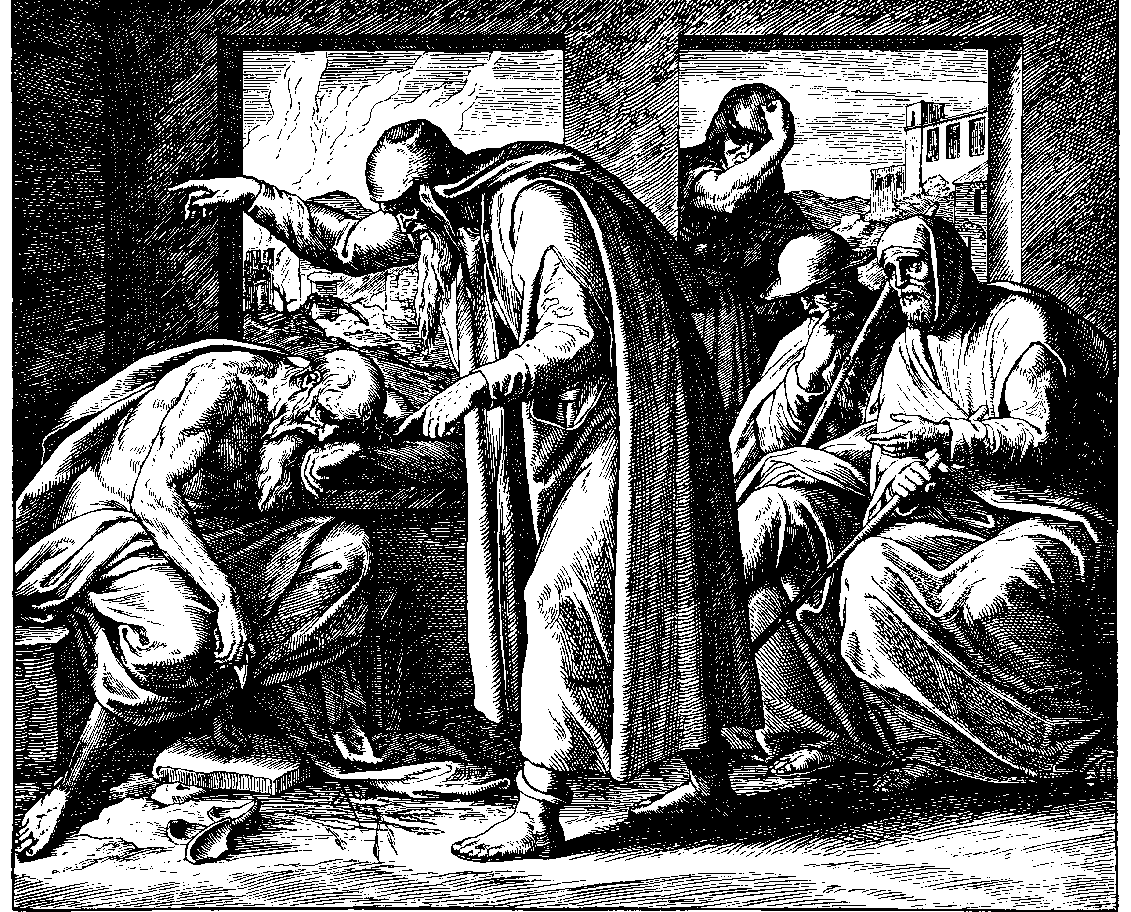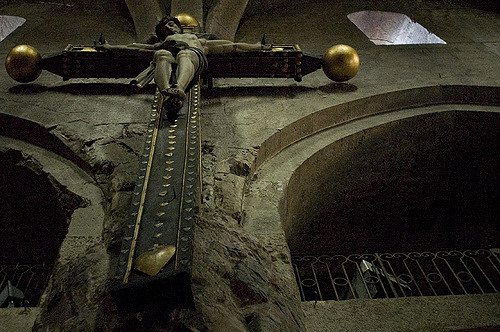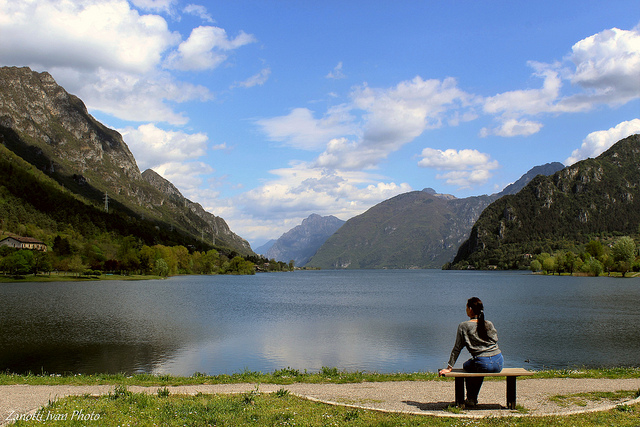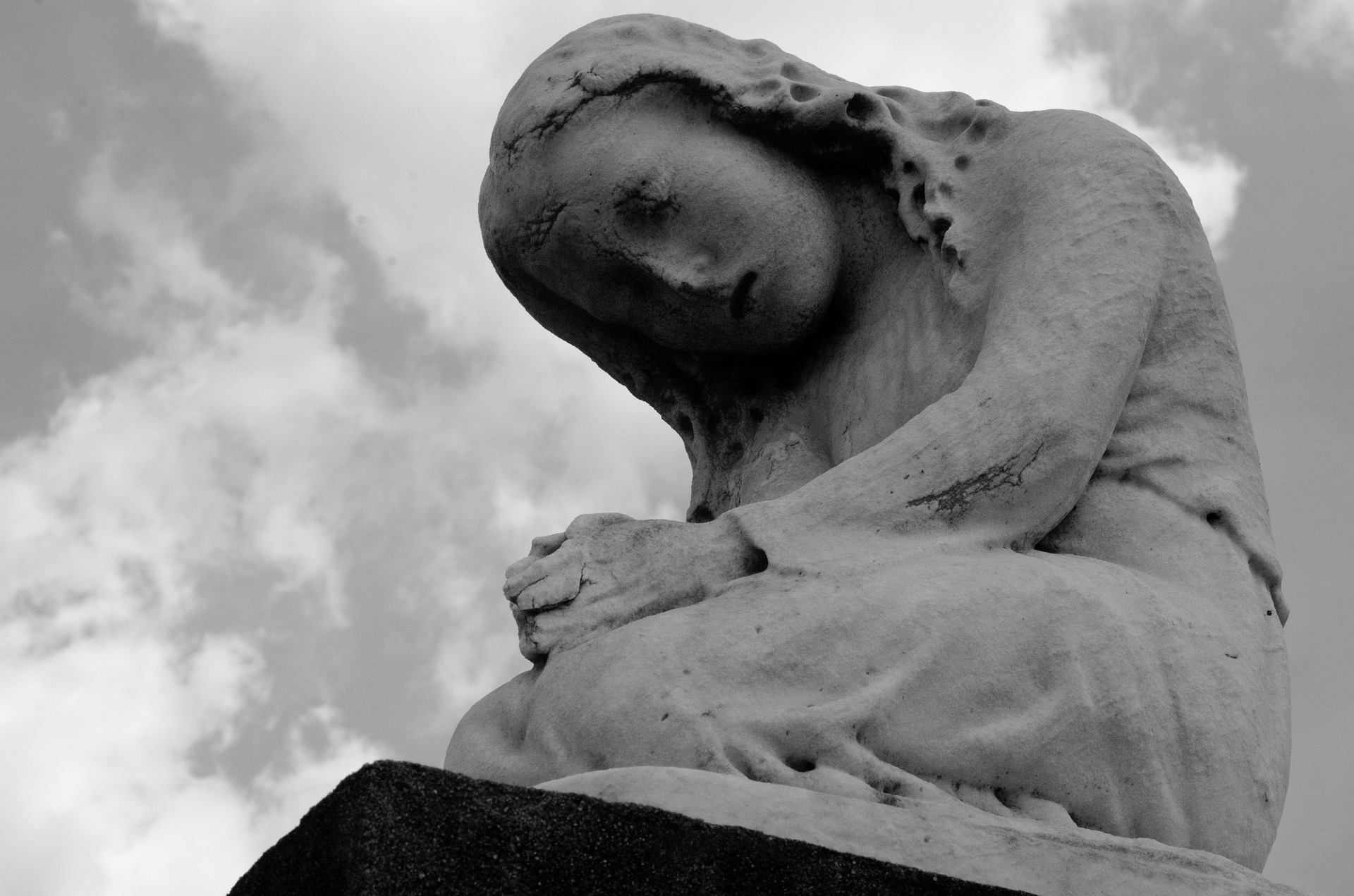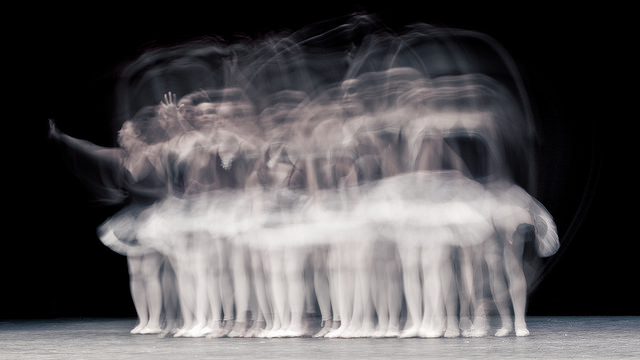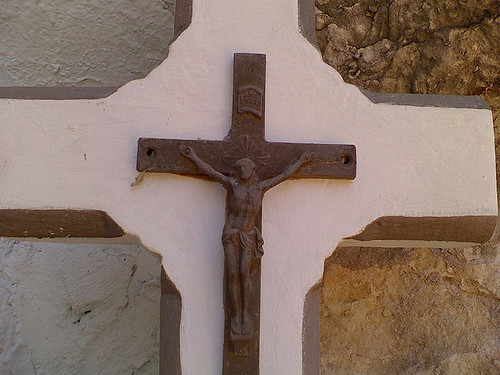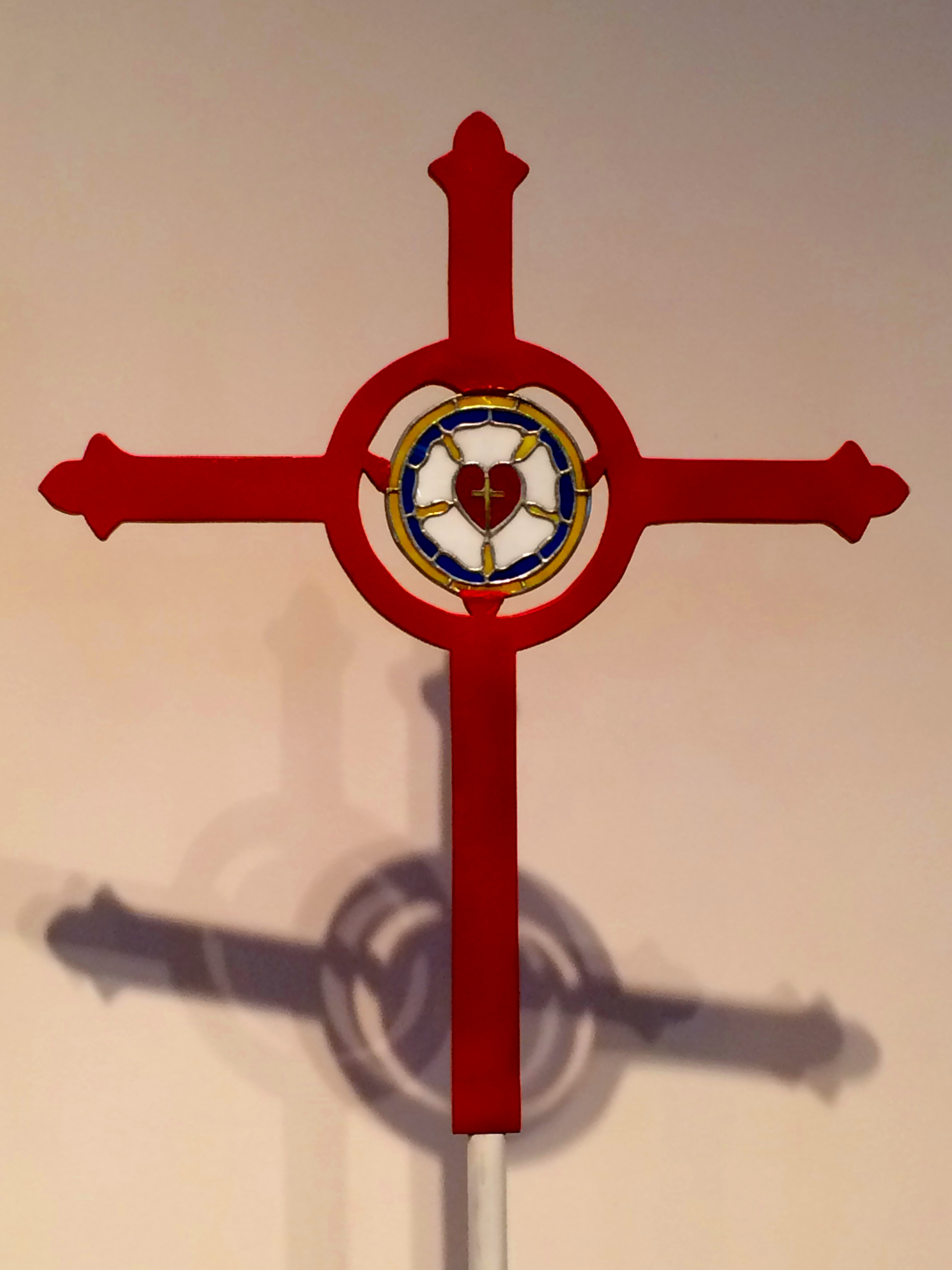-
The Smalcald Articles– The Second Part
THE SECOND PART Treats of the Articles which Refer to the Office and Work of Jesus Christ, or Our Redemption. Part II, Article I: The first and chief article. 1] That Jesus Christ, our God and Lord, died for our sins, and was raised again for our justification, Rom. 4:25. 2] And He alone is the Lamb of God which taketh away the sins of the world, John 1:29; and God has laid upon Him the iniquities of us all, Is. 53:6. 3] Likewise: All have sinned and are justified without merit [freely, and without their own works or merits] by His grace,through the redemption that is in Christ Jesus, in…
-
Smalcald Articles- The First Part
Treats of the Sublime Articles Concerning the Divine Majesty, as: I. That Father, Son, and Holy Ghost, three distinct persons in one divine essence and nature, are one God, who has created heaven and earth. II. That the Father is begotten of no one; the Son of the Father; the Holy Ghost proceeds from Father and Son. III. That not the Father nor the Holy Ghost but the Son became man. IV. That the Son became man in this manner, that He was conceived, without the cooperation of man, by the Holy Ghost,and was born of the pure, holy [and always] Virgin Mary. Afterwards He suffered, died, was buried, descended…
-
The Smalcald Articles- Preface
Sisters– if you’ve been here for some time you might have noticed that on the weekend I run the Book of Concord instead of our normal blog posts. Today we start a new section– the Smalcald Articles. If you’ve never read through the Book of Concord before, this is a great time to join us! If you have, it’s a great time to dip back in for a refresher. And with that said– here’s the Preface. 1] Since Pope Paul III convoked a Council last year, to assemble at Mantua about Whitsuntide, and afterwards transferred it from Mantua, so that it is not yet known where he will or can…
-
Article XXVIII (XIV): Of Ecclesiastical Power- The End
[As regards the slander and complaint of the adversaries at the end of the Confutation, namely, that this doctrine is causing disobedience and other scandals, this is unjustly imputed to our doctrine. For it is evident that by this doctrine the authority of magistrates is most highly praised. Moreover, it is well known that in those localities where this doctrine is preached, the magistrates have hitherto, by the grace of God, been treated with all respect by the subjects. But as to the want of unity and dissension in the Church, it is well known how these matters first happened, and who have caused the division, namely, the sellers of…
-
Article XXVIII (XIV): Of Ecclesiastical Power
1] Here the adversaries cry out violently concerning the privileges and immunities of the ecclesiastical estate, and they add the peroration: All things are vain which are presented in the present article against the immunity of the churches and priests. 2] This is mere calumny; for in this article we have disputed concerning other things. Besides, we have frequently testified that we do not find fault with political ordinances, and the gifts and privileges granted by princes. 3] But would that the adversaries would hear, on the other hand, the complaints of the churches and of godly minds! The adversaries courageously guard their own dignities and wealth; meanwhile, they neglect…
-
Article XXVII: (XIII): Of Monastic Vows– Part 2
34] Thus those who teach that the monastic life merits the remission of sins or eternal life, and transfer the confidence due Christ to these foolish observances, altogether suppress the Gospel concerning the free remission of sins and the promised mercy in Christ that is to be apprehended. Instead of Christ they worship their own hoods and their own filth. But since even they need mercy, they act wickedly in fabricating works of supererogation, and selling them [their superfluous claim upon heaven] to others. 35] We speak the more briefly concerning these subjects, because from those things which we have said above concerning justification, concerning repentance, concerning human traditions, it…
-
Article XXVII: (XIII): Of Monastic Vows
1] In the town of Eisenach, in Thuringia, there was, to our knowledge, a monk, John Hilten, who, thirty years ago, was cast by his fraternity into prison because he had protested against certain most notorious abuses. For we have seen his writings, from which it can be well understood what the nature of his doctrine was [that he was a Christian, and preached according to the Scriptures]. And those who knew him testify that he was a mild old man, and serious indeed, 2] but without moroseness. He predicted many things, some of which have thus far transpired, and others still seem to impend, which we do not wish…
-
Article XXIV (XII): Of the Mass, Part 3
And although our belief has its chief testimonies in the Epistle to the Hebrews, nevertheless the adversaries distort against us mutilated passages from this Epistle, as in this very passage, where it is said that every high priest is ordained to offer sacrifices for sins. Scripture itself immediately adds that Christ is High Priest, Heb. 5:5-6,10. The preceding words speak of the Levitical priesthood, and signify that the Levitical priesthood was an image of the priesthood of Christ. For the Levitical sacrifices for sins did not merit the remission of sins before God; they were only an image of the sacrifice of Christ, which was to be the one propitiatory…
-
Article XXIV (XII): Of the Mass- Part 2
What a Sacrifice Is, and What Are the Species of Sacrifice. [Now, lest we plunge blindly into this business, we must indicate, in the first place, a distinction as to what is, and what is not, a sacrifice. To know this is expedient and good for all Christians.] 16] Socrates, in the Phaedrus of Plato, says that he is especially fond of divisions, because without these nothing can either be explained or understood in speaking, and if he discovers any one skilful in making divisions, he says that he attends and follows his footsteps as those of a god. And he instructs the one dividing to separate the members in…
-
Article XXIV (XII): Of the Mass- Part 1
At the outset we must again make the preliminary statement that we 1] do not abolish the Mass, but religiously maintain and defend it. For among us masses are celebrated every Lord’s Day and on the other festivals, in which the Sacrament is offered to those who wish to use it, after they have been examined and absolved. And the usual public ceremonies are observed, the series of lessons, of prayers, vestments, and other like things. 2] The adversaries have a long declamation concerning the use of the Latin language in the Mass, in which they absurdly trifle as to how it profits [what a great merit is achieved by]…
